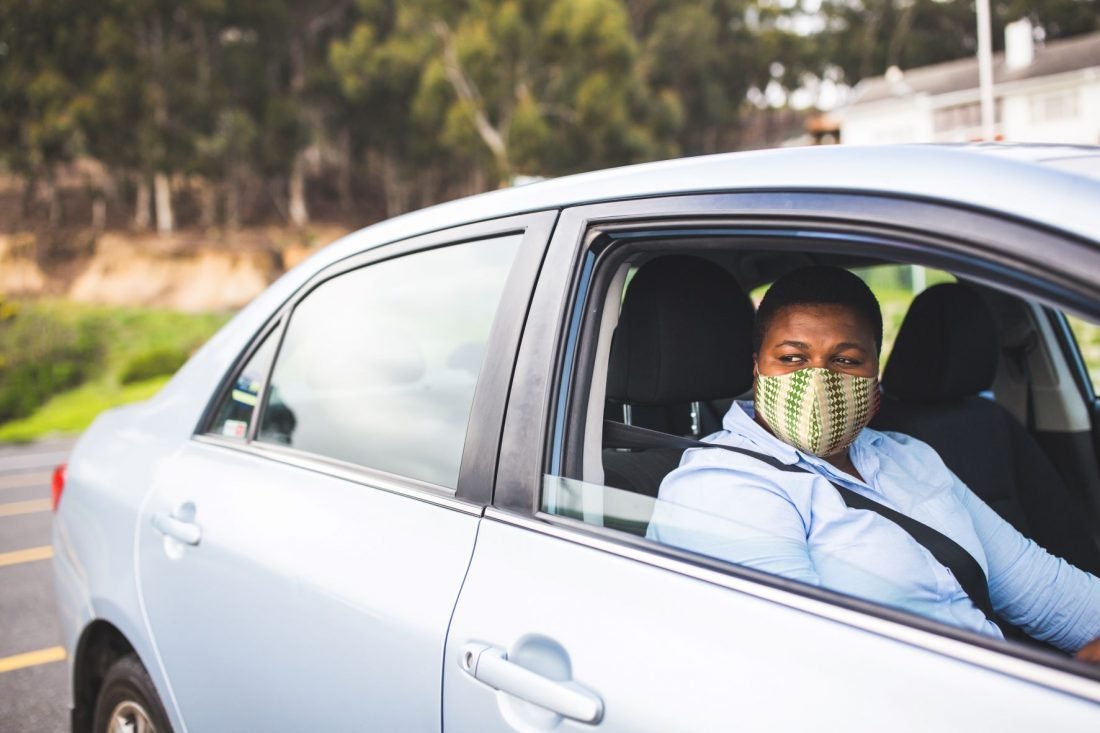29 July 2021, Johannesburg – After months of research and pilots, Uber announced today the launch of the ‘Women Preferred View’ feature in South Africa that provides women drivers with the choice of being connected to women riders. Introducing this latest feature aims to encourage more women to drive on the platform, therefore increasing access to flexible economic opportunities provided by Uber.

This women-only feature will give the option for women drivers to select a preference to pick up women riders and is completely up to women drivers if and when they want to use the feature – so the control is in their hands.
Like other industries or sectors, ridesharing bears the same legacy and structural inequality that has kept women from participating equally in the global economy. According to theInternational Finance Corporation (IFC), “Inclusive, safe, and affordable transportation is crucial for women. Without inclusive transportation, women are denied their right to move freely in public spaces and are less likely to find good jobs. Women face barriers both as passengers and transportation service providers, ranging from underrepresentation across the sector to widespread safety and security concerns.”
Commenting on the launch, Busisiwe Khaba, Head of Policy for Uber Sub Saharan Africa said: “We have already doubled the number of women in our active driver base and launching the ‘Women Preferred View’ feature is another positive move towards paving the way for more women to take part in the ridesharing industry. We are also excited that this feature enables current female drivers with the power of choice and convenience when using the Uber app.”
Uber prides itself on being an inclusive platform that allows people to push a button and find a decent and affordable way to generate income, regardless of gender, social class, economic or age. The feature has been rolled out in other countries including Brazil, Mexico, Saudi Arabia and Egypt, with future plans to roll it out in other countries. This feature has resulted in a doubling of female drivers on the Uber app across many of these countries, showing the true power of the feature.
“Uber is at heart an entrepreneurial activity. Drivers are integral to our business, and they place real value on flexibility. It is our constant endeavour to enable them to achieve greater heights. We are also committed to fostering a culture of inclusiveness and diversity, and we hope through features like this we will get a step closer to achieving this,” concludes Khaba.
Female drivers can activate the Women Preferred Women feature at any time by switching on the rider gender preference in their driver app settings. Riders, on the other hand, will be notified about the feature and will be asked to specify their gender on the app. For more convenience, women drivers can cancel the trip in case the matched riders weren’t females without affecting their cancellation record.
In addition to Uber’s door-to-door safety features, Uber also rolled out mandatory sexual misconduct and assault education videos to drivers in most EMEA countries, including South Africa. The video has been developed by RAINN and the Nisaa Institute for Women’s Development and features tips and information about respecting privacy and personal space, conversational boundaries and sexual misconduct.





